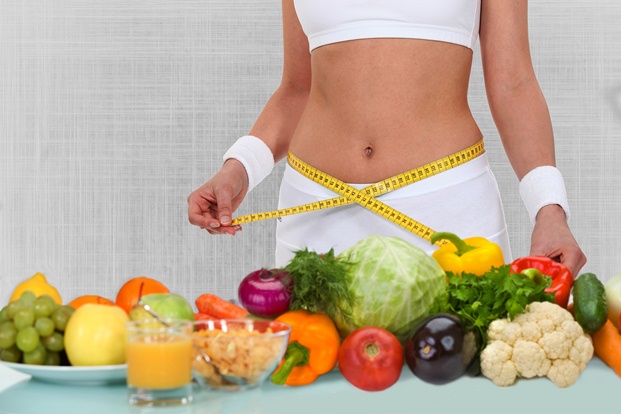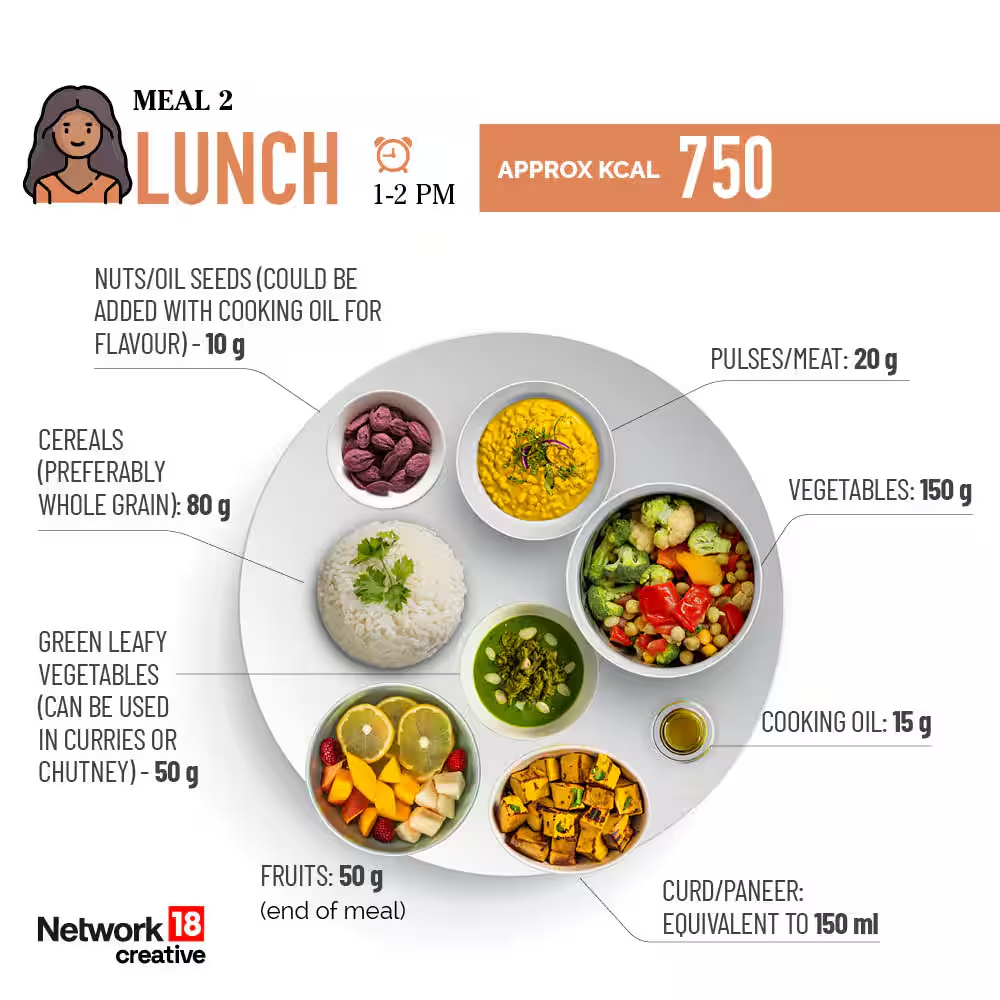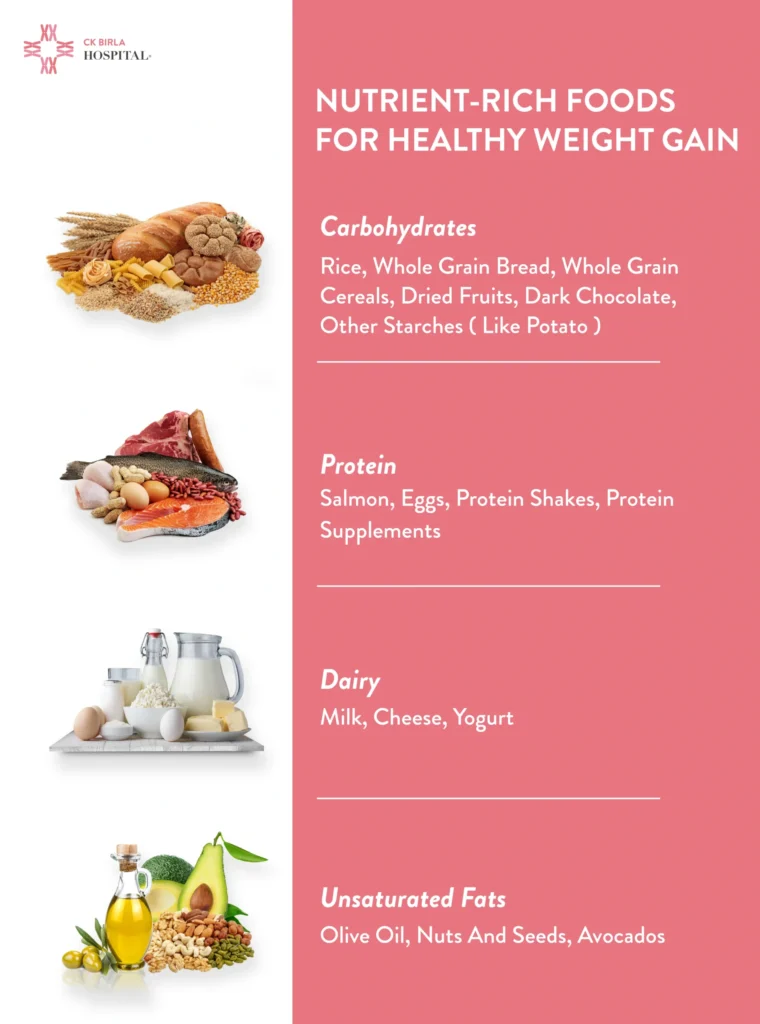Maintaining a healthy body is a priority for women in 2025, with busy lifestyles and evolving wellness trends shaping how they approach nutrition. A balanced diet not only supports physical health but also boosts energy, enhances mood, and promotes long-term well-being. This article explores tailored diet plans designed for women to maintain their bodies effectively, focusing on sustainable habits and nutrient-rich foods. Whether you’re aiming to manage weight, improve fitness, or simply feel your best, these plans offer practical solutions.
Why Diet Matters for Women’s Health
Women’s nutritional needs vary across life stages—puberty, pregnancy, menopause, and beyond—due to hormonal changes and unique physiological demands. A well-planned diet helps regulate hormones, strengthen bones, and support muscle maintenance. Studies show that inadequate nutrition can lead to issues like fatigue, weight gain, and osteoporosis. In 2025, with a focus on holistic health, women are turning to diets that prioritize whole foods, lean proteins, and healthy fats while avoiding processed sugars and excessive carbs.

Diet Plan 1: The Balanced Plate Approach
The Balanced Plate Approach is ideal for women seeking overall health and weight maintenance. This plan emphasizes portion control and variety, ensuring all essential nutrients are covered.
- Breakfast: 1 cup Greek yogurt with ½ cup mixed berries, 1 tablespoon chia seeds, and a drizzle of honey.
- Snack: A small handful of almonds (about 15-20) and an apple.
- Lunch: 3 oz grilled chicken breast, 1 cup quinoa, 1 cup steamed broccoli, and 1 teaspoon olive oil.
- Snack: 1 medium carrot with 2 tablespoons hummus.
- Dinner: 4 oz baked salmon, ½ cup roasted sweet potatoes, and a side salad with spinach, tomatoes, and balsamic vinegar.
- Benefits: Provides 1,500-1,800 calories daily, rich in protein for muscle repair, omega-3s for heart health, and fiber for digestion. Ideal for active women aged 25-40.
Diet Plan 2: The Plant-Based Power Plan
For women preferring a vegetarian or vegan lifestyle, the Plant-Based Power Plan offers a nutrient-dense option to maintain energy and vitality.
- Breakfast: Smoothie with 1 banana, 1 cup spinach, 1 tablespoon almond butter, 1 cup almond milk, and 1 teaspoon flaxseeds.
- Snack: ¼ cup trail mix with unsalted nuts and dried fruit.
- Lunch: 1 cup lentil soup, ½ cup brown rice, and a side of sautéed kale with garlic.
- Snack: 1 slice whole-grain toast with 1 tablespoon avocado.
- Dinner: 1 cup chickpea curry with turmeric, served with ½ cup couscous and steamed zucchini.
- Benefits: Delivers 1,400-1,600 calories, packed with plant proteins, iron, and antioxidants. Perfect for women focused on sustainability and reducing inflammation.

Diet Plan 3: The Low-Carb Lean Plan
The Low-Carb Lean Plan suits women aiming to manage weight or improve insulin sensitivity, focusing on high-protein and healthy fat intake.
- Breakfast: 2 egg omelet with spinach, ¼ avocado, and 1 slice turkey bacon.
- Snack: 1 oz cheese cubes and 5-6 celery sticks.
- Lunch: 4 oz grilled turkey, 1 cup cauliflower rice, and ½ cup sautéed mushrooms.
- Snack: 1 hard-boiled egg with a sprinkle of paprika.
- Dinner: 3 oz baked cod, 1 cup asparagus, and 1 tablespoon almond butter sauce.
- Benefits: Targets 1,200-1,500 calories, reduces carb intake to 20-30g daily, and supports fat loss while preserving muscle. Great for women over 40 or those with metabolic concerns.
Diet Plan 4: The Postpartum Recovery Plan
New mothers need a diet to replenish nutrients and support recovery. The Postpartum Recovery Plan focuses on healing and energy restoration.
- Breakfast: Oatmeal with 1 tablespoon peanut butter, 1 sliced banana, and a sprinkle of cinnamon.
- Snack: 1 cup Greek yogurt with 1 teaspoon honey.
- Lunch: 3 oz grilled chicken, 1 cup mashed sweet potato, and 1 cup steamed green beans.
- Snack: 1 handful walnuts and 1 orange.
- Dinner: 4 oz baked tilapia, ½ cup quinoa, and a mixed green salad with olive oil dressing.
- Benefits: Offers 1,800-2,000 calories, rich in iron, calcium, and omega-3s to aid recovery, boost milk production, and combat postpartum fatigue.

Tips for Success
To make these diet plans work, consistency is key. Plan meals weekly to avoid impulsive eating, and stay hydrated with at least 8-10 glasses of water daily. Incorporate moderate exercise—30 minutes of walking or yoga—five days a week to complement your diet. Listen to your body; adjust portion sizes if you feel overly full or hungry. Consult a nutritionist if you have specific health conditions like diabetes or thyroid issues.

Conclusion
A healthy body starts with the right diet, and these plans cater to diverse needs for women in 2025. The Balanced Plate Approach, Plant-Based Power Plan, Low-Carb Lean Plan, and Postpartum Recovery Plan offer flexible, nutrient-rich options to maintain weight, energy, and overall wellness. Embrace these strategies, tweak them to fit your lifestyle, and enjoy the journey to a healthier you. Share your favorite plan in the comments or try a new recipe today!

Leave a Reply